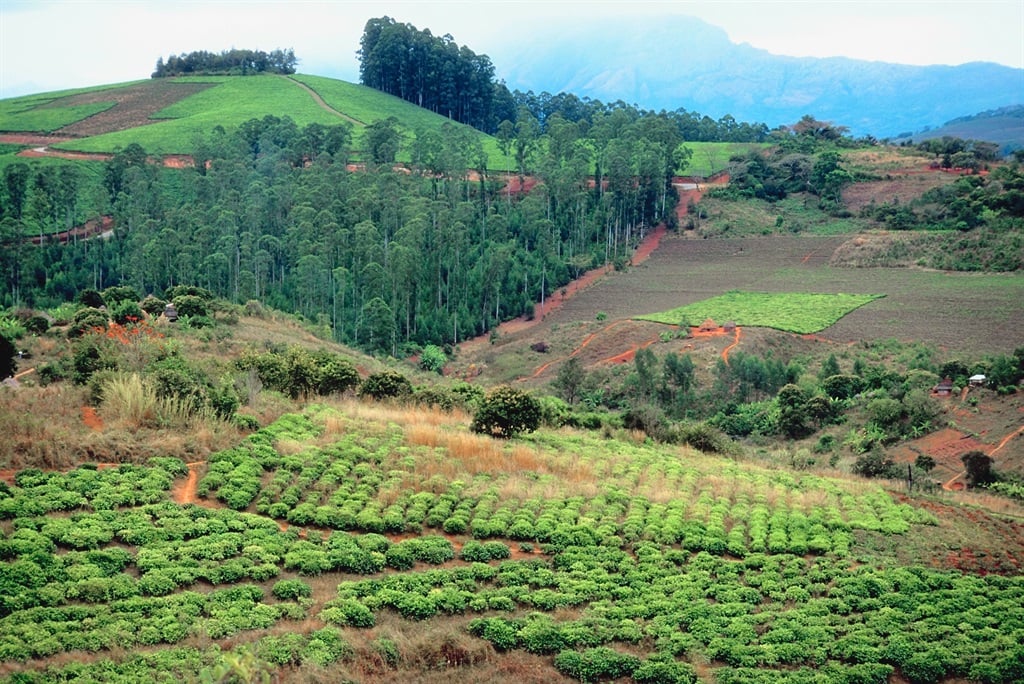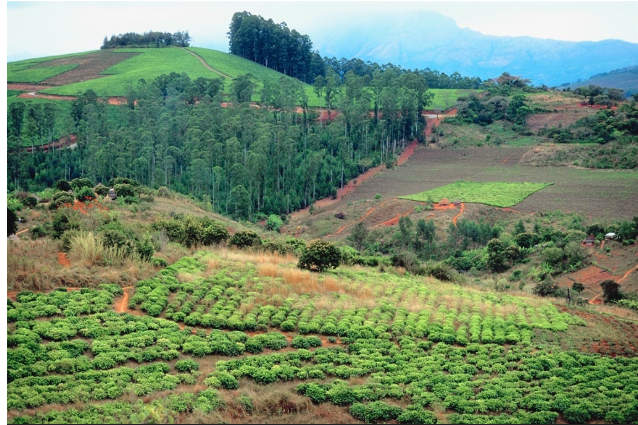
Zimbabwe has announced plans to compensate white farmers who were forcibly removed from their land during the country’s controversial land reform program in the early 2000s. The government will pay R6 billion in bonds as part of a broader effort to settle longstanding disputes and restore relations with the farming community.
The compensation, which will be issued through government bonds, is aimed at addressing grievances that have lingered since the land seizures, which were part of a land redistribution initiative aimed at empowering black farmers. However, the program led to the displacement of thousands of white farmers, whose properties were seized without compensation.
The decision to compensate these farmers comes after years of negotiations and pressure from international bodies, including the United Nations and the international financial community. The bonds will be paid out over a period of time, with the government aiming to provide a formal resolution to the land reform issue.
While some farmers have welcomed the move as a step toward reconciliation, others remain skeptical about the government’s ability to fulfill its commitments. The announcement has also sparked debate within Zimbabwe, with critics arguing that it may divert crucial resources from other areas of the economy, which has been grappling with inflation and other financial challenges.
The compensation package is part of a broader effort by President Emmerson Mnangagwa’s administration to repair international relations and secure foreign investment. However, questions remain about how the bonds will be structured and whether the payments will be delivered on time.
The situation remains delicate as Zimbabwe balances the needs of its current landholders with those seeking restitution for past wrongs. The outcome of this compensation initiative could have a significant impact on the future of Zimbabwe’s agricultural sector and its economic recovery.


